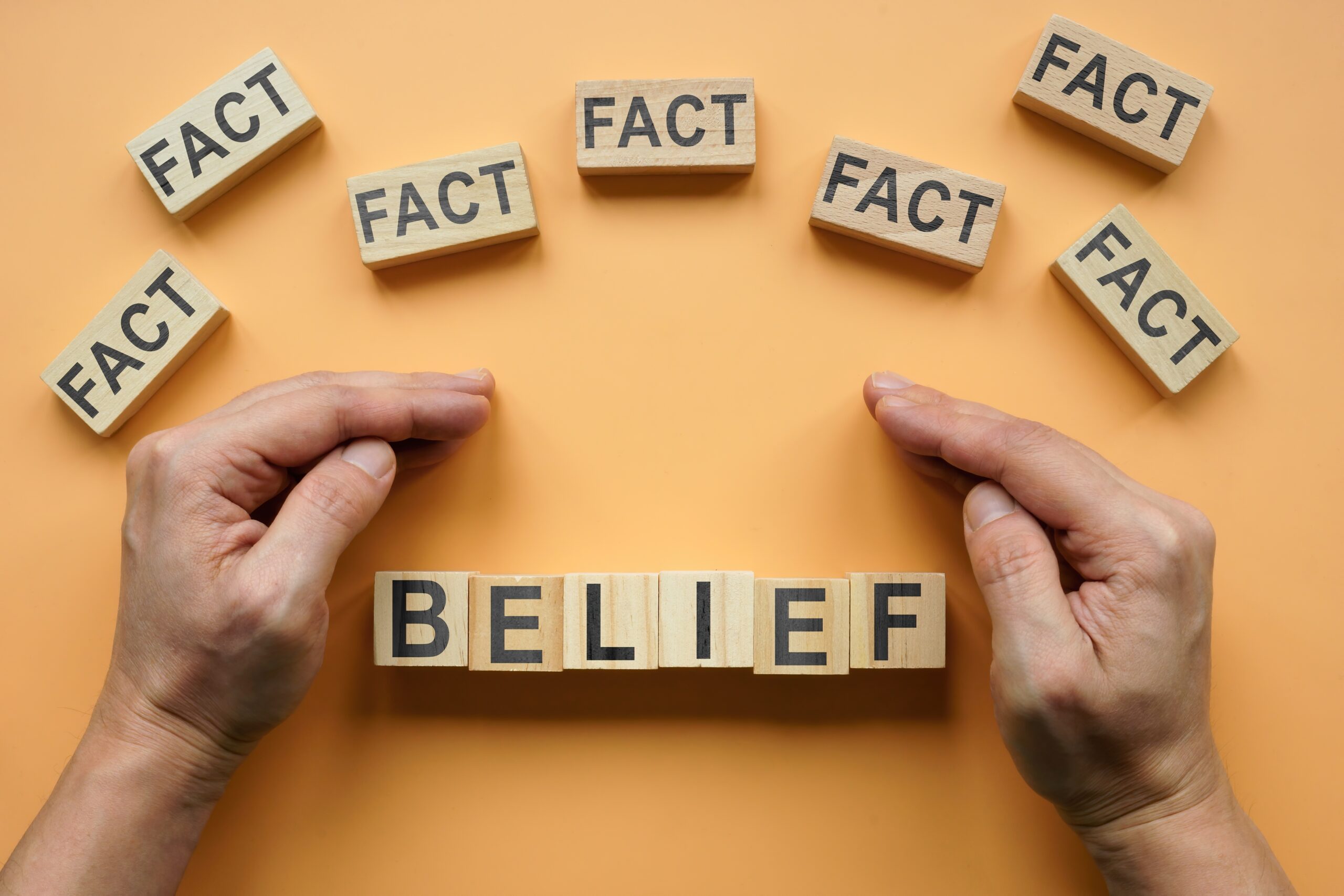Be Aware of Confirmation Bias

The following is an excerpt from the eBook, “A Consumer’s Guide to Disinformation”, a booklet which tells you how to spot disinformation, and stop its spread. It is available for free on www.magenta-nation.com, and you can request a copy by clicking here.
Confirmation bias is the tendency to seek out and prefer information that supports our preexisting beliefs. As a result, we tend to ignore any information that contradicts those beliefs. Confirmation bias is most likely to occur while processing content related to emotionally charged topics, values and deeply held beliefs.
When confronted with new information that confirms what we already believe, we are more likely to accept it as true and accurate, and overlook any flaws or inconsistencies. If the claim contradicts what we already believe, we are more likely to become defensive about it and focus on criticizing any flaw, while ignoring the same contradictions in information that confirms our beliefs.
Here are some types of confirmation bias:
- Selective search. Only positive evidence is sought, or evidence that supports your expectations or hypotheses. Evidence that could prove an opinion wrong is systematically omitted or discounted. Say you are researching information on the likelihood of political violence, and you have a belief that one group is responsible. You are likely to highlight research about that particular group that reinforces your belief, and ignore evidence that other groups are just as likely to engage in violence, or even more so.
- Selective interpretation. An article about climate change and a call to action may be viewed differently based on the beliefs of the reader. One reader who is concerned about climate change may see it as a warning and be willing to change behavior. The reader who doubts climate change may be inclined to view the article as evidence that climate change is natural and has happened throughout history; no change in behavior is necessary.
- Selective recall. After some time has elapsed, readers are likely to remember what they read that confirmed their bias, but not information that contradicted it.
Creating Fallacies with Data
A similar behavior to confirmation bias is the practice of manipulating data to come to incorrect conclusions. This type of thinking is very commonplace. We first tend to assume that data from surveys, research, and actual evidence is factual. Actually, as we have seen, it may or may not be true. That’s where the fact-checking techniques above come into play to tell you if the data is accurate or not. If it is accurate, it can still be misused to prove a point that is not true, but is a belief strongly held by the writer or speaker.
How to Deal with Confirmation Bias
- Accept that you have biases that influence you. If you get really excited about an article that seems to validate your beliefs, slow down. Try to look at it through the eyes of someone who had the opposite belief. Is the data sound and does it support the conclusion?
- When searching for information, be thorough. Consider all sources of information, not just those that validate what you think.
- Read the entire article, not just the headline, before drawing a conclusion. In the article, look for fact-based information supporting the conclusion. If an article says “studies support,” and no studies are cited, be suspicious. If studies are cited, quickly look them up to find not only that they exist, but are they credible? If they are partisan or discredited by reputable sources, don’t trust them.
Thank you for reading this Fakchex article. Please share this article and join us in the fight to combat disinformation.
Fakchex presents short, fact-based articles and videos on topics about which there is considerable disinformation. It is the only grassroots communication program that helps people personally combat disinformation. Fakchex articles are designed for sharing with people who care about these topics, but may not be aware of the facts OR may not have time to research them on their own. Together, we can combat the powerful forces of disinformation that prevent us from coming together to realistically address our problems and opportunities.
This is a FREE program, open to all.
Subscribe to receive Fakchex articles at: https://fakchex.substack.com/
See videos here: www.youtube.com/@magentanation